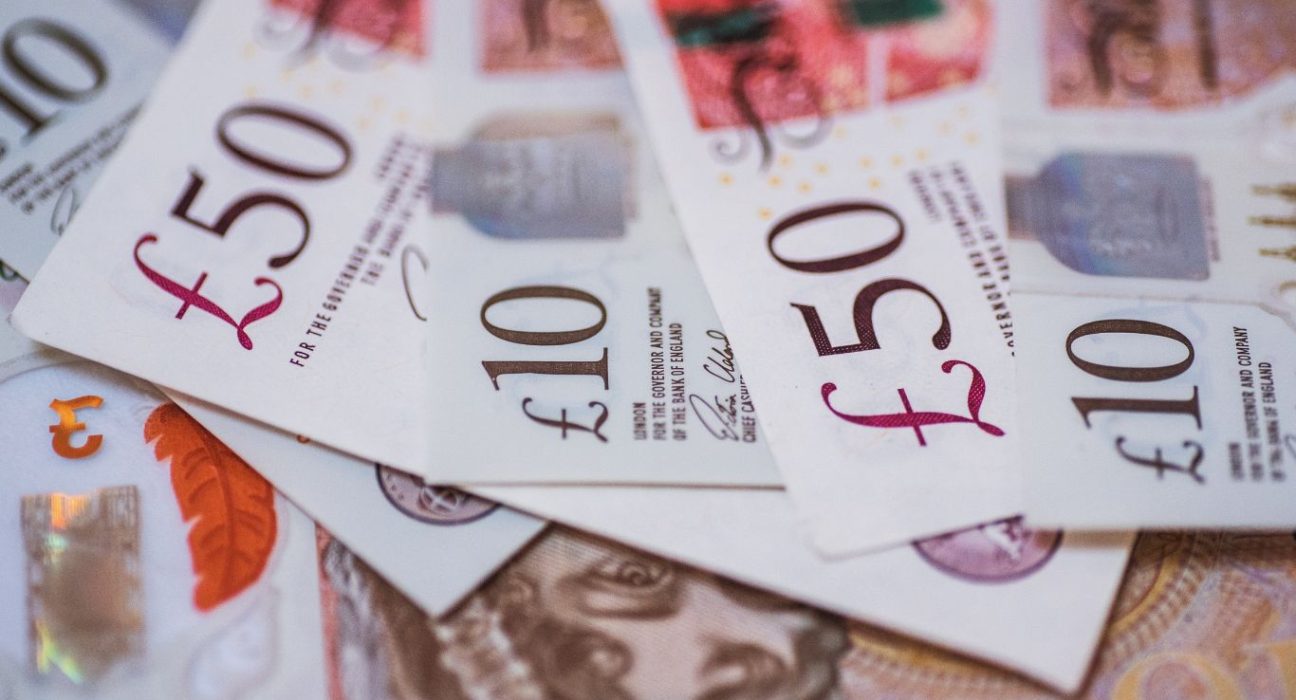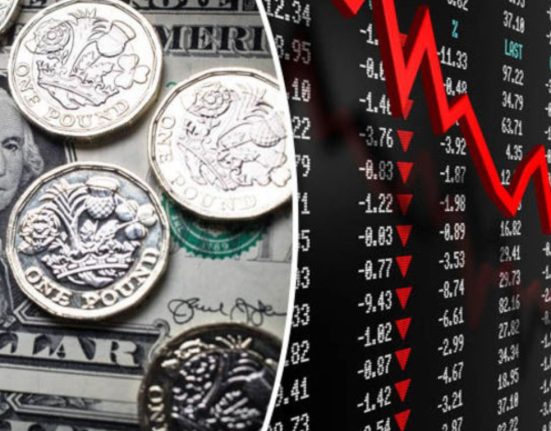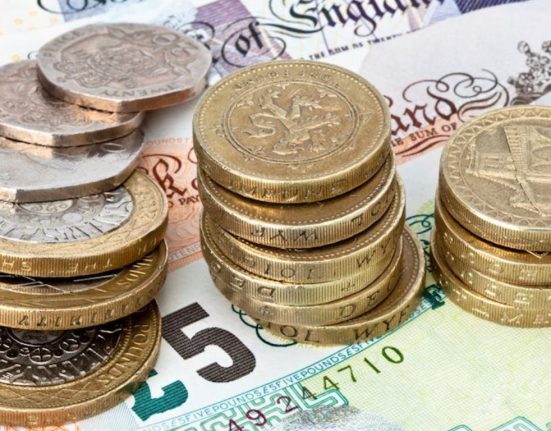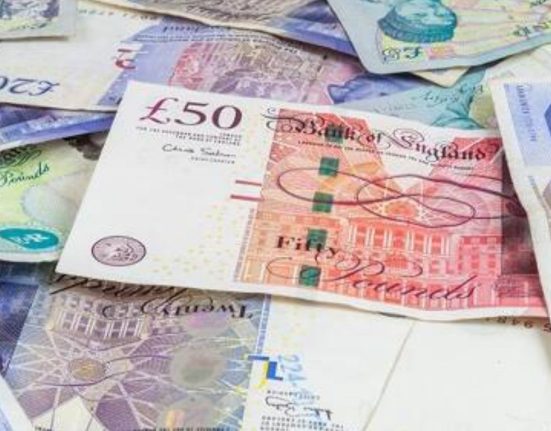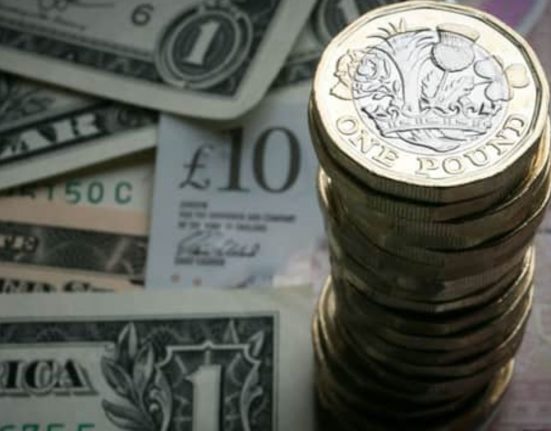The British pound weakened to close out the trading week following disappointing economic data. The pound has strengthened against its US counterpart throughout the year, but the currency has struggled in the past week, with the greenback finding renewed life on growing recession fears. Can the pound turn things around in the second half of 2023?
According to the Office of National Statistics (ONS), the first-quarter GDP edged up just 0.1%, unchanged from the previous quarter and matched economists’ expectations. The GDP tumbled 0.3% in March, down from 0% in February.
Industrial and manufacturing production each rose 0.7% in March. However, on a year-over-year basis, manufacturing and industrial output fell 1.3% and 2%, respectively. Construction orders plummeted at an annualized rate of 14.3% in the first quarter, while construction output rose 4.1% year-over-year in March.
The UK’s trade balance came in at -2.864 billion pounds, and the goods trade balance was relatively unchanged at -16.356 billion pounds.
This comes as the annual inflation rate remains above 10%, even as the Bank of England raises interest rates.
But while economists show that the British economy is suffering from a bout of stagflation — a blend of high inflation and weak growth — UK officials say the country’s economy is improving.
“I think the U.K. is back, and those are numbers that no one would have predicted even three months ago,” U.K. Finance Minister Jeremy Hunt told CNBC at a G-7 summit in Niigata, Japan.
“But I think we are aware there is still a long way to go. We still have inflation that is too high, growth is still not as high as we would like it to be, and when I talk to my fellow finance ministers we all talk about the same thing. Labor supply, productivity, how we are going to increase our long-term growth rates so that we can pay for the increasing number of things that tax payers want governments to do.”
The GBP/USD currency pair tumbled 0.5% to 1.2448, from an opening of 1.2512, on Friday. The GBP/JPY advanced 0.34% to 168.96, from an opening of 168.29.
The pound’s weakness comes as the UK economy faces a number of challenges, including rising inflation, supply chain disruptions, and the war in Ukraine. The Bank of England has raised interest rates in an effort to combat inflation, but it is unclear whether these measures will be enough to prevent the economy from slipping into recession.
The pound’s weakness is a blow to the UK economy, as it makes it more expensive for businesses to import goods and services, which can lead to higher prices for consumers. It also makes it more difficult for UK businesses to compete with businesses from other countries, which can lead to job losses.
The UK government is taking steps to try to support the economy, but it is unclear whether these measures will be enough to offset the negative factors that are weighing on the pound. The government has announced a number of measures, including tax cuts and increased spending on infrastructure, but it is unclear whether these measures will be enough to prevent the economy from slipping into recession.
The pound’s weakness is a major challenge for the UK economy. It is unclear how long the weakness will last, but it is likely to have a negative impact on the economy in the coming months.
Here are some of the key factors that are driving the weakness of the pound:
- Rising inflation: Inflation in the UK is at a 40-year high, and is expected to remain elevated in the coming months. This is putting pressure on consumers and businesses, and is making the pound less attractive to investors.
- Supply chain disruptions: The war in Ukraine and the COVID-19 pandemic have disrupted global supply chains, which is making it more difficult for businesses to get the goods and services they need. This is putting pressure on businesses and is making the pound less attractive to investors.
- The war in Ukraine: The war in Ukraine is having a negative impact on the UK economy, as it is disrupting trade and causing energy prices to rise. This is weighing on sentiment and making investors more risk-averse.
The weakness of the pound is a major concern for the UK economy. A weak pound makes it more expensive for businesses to import goods and services, which can lead to higher prices for consumers. It also makes it more difficult for UK businesses to compete with businesses from other countries, which can lead to job losses.
